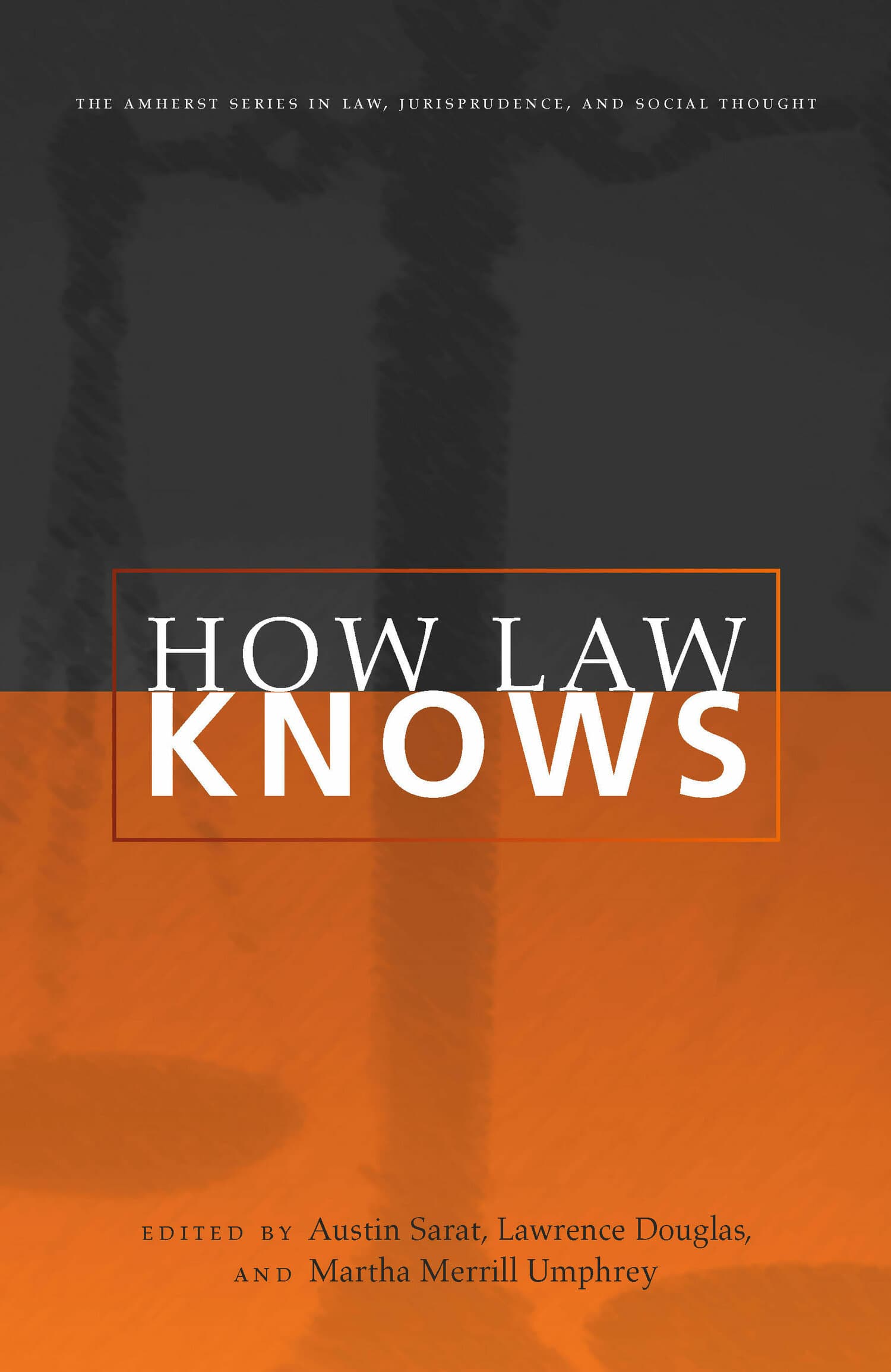How Law Knows

When citizens think about law's ways of knowing and about how legal officials gather information, assess factual claims, and judge people and situations, they are often confused by the seemingly arcane and constrained quality of the information-gathering, fact-evaluating procedures that legal officials employ or impose. Yet law's ways of knowing as varied as are the institutions and officials who populate any legal system.
From the rules of evidence to the technologies of risk management, from the practices of racial profiling to the development of trade knowledge, from the generation of independent knowledge practices to law's dependence on outside expertise, even a brief survey shows that law knows in many different ways, that its knowledge practices are contingent and responsive to context, and that they change over time.
"How Law Knows is a useful and interesting collection addressing law's ways of knowing. The authors reveal that the establishment and organized use of legal facts is varied, historical, and amenable to a rich and diverse set of methods of inquiry."—Jon Goldberg-Hiller, University of Hawaii, Manoa




